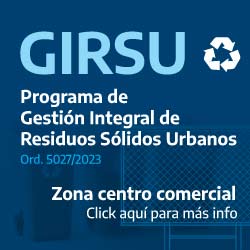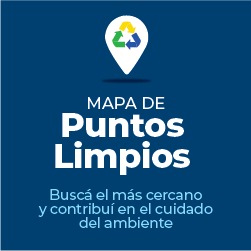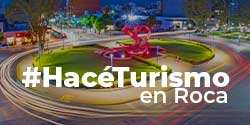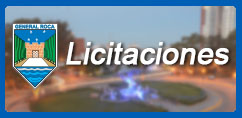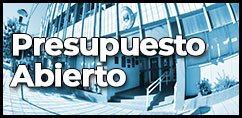The Alto Valle (the Upper Valley of the Negro river) is one of the most important regions of fruit production for export, mainly apples and pears. In Argentine foreign commerce, this type of production is ranked seventh together with citrus among Exporting Complexes placing it above meat exports and many other local products such as tea, tobacco, and cotton.
The quality of the fruit in this region allows Argentina to hold the first place as exporting country of pear production and be considered one of the most important countries in the Southern Hemisphere among apple exporters. Annually, the region contributes with USD 500M to Argentine foreign commerce.
Considered an agro-industrial activity, fruit production requires skilled labour force and services and sophisticated logistics for delivering the fresh fruit in good conditions to all consumers in more than sixty foreign markets.
A complex irrigation system built almost one hundred years ago ensures the operation of more than 3,500 fruit producing orchards, 250 packing and conditioning plants, 220 cold-storage plants, more than 60 export firms and 15 juice processing plants. All this has created a human network scattered all along the 100-km valley, being General Roca the geographic centre of
such production complex.
In rural tourism, you can vividly experience the process of our land’s fruit production. Visitors can appreciate the different stages of the production of apples, pears, fresh fruit and vineyards, and the elaboration of by-products.
Visitors can also enjoy a trip to the orchards throughout the year and see the different tasks performed there, and visit the packing houses that commercialize the fruit, the cider making plants and juice plants which process the fruit that is not suitable for consumption, and also the fruit snack manufacturing facilities. Apple snacks are a unique product in the market today.
Wine production is also part of rural tourism. As demand for fine wines has increased worldwide, wineries have reconditioned their facilities in order to welcome tourists. The region’s climate – very cold nights and hot sunny days with great thermal amplitude– is the ideal factor for the production of fine wine varieties in these latitudes.
There are different tourist circuits you can visit:
Wine and Apple Circuit
Climate, soil and producers’ work form a good combination to make the Alto Valle the place for apples in the whole world.
After the arrival of the Roca railroad (1899) and the construction of the Ingeniero Ballester Dam (1928), the Alto Valle became the first pome fruit producer and exporter of the country. Today the production structure addresses the needs of the agricultural activity and its by-products (juice, wine, cider, champagne). The most outstanding activity is the apple and pear production of different cultivars, though stone fruit production has increased considerably in recent years due to requests from foreign markets (mainly peaches and plums).
Either hiring a guided tour or going on their own, visitors can enjoy the beauty of orchards, packing houses, wineries and cider making plants and experience the production process while tasting the fruits of our land and appreciating the effort of our people.
Packing houses and cold-storage plants
Once in the packing house, fruits are washed, dried, waxed and sorted by size and quality and then hand-packed for future commercialization to foreign and domestic markets. Imperfect apples are discarded and directed to the juice and cider industries. Pear harvest begins in mid January and apple harvest a month later, ending mid April. Since not all apples harvested can be packed, they are kept in cold storage plants for off-season trading. This is why you can see many packing workers do their job during winter and spring periods. Make reservations if you decide to visit these plants.
Apple and pear milling
The raw material for cider and juice
There is an important industrial activity –juice, dried fruit, cider, jam- around fruit production.


